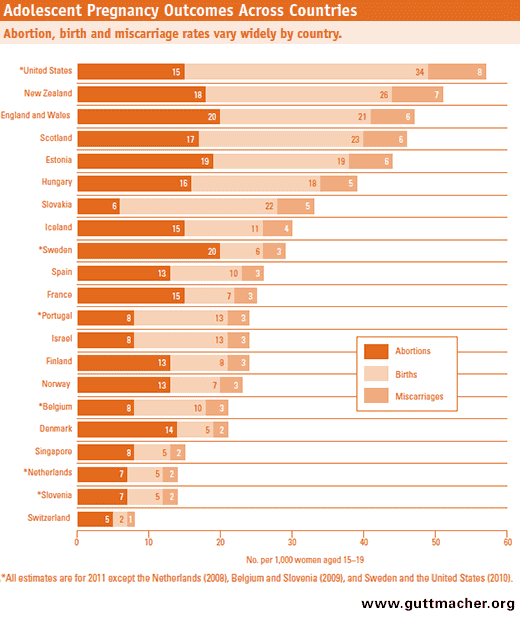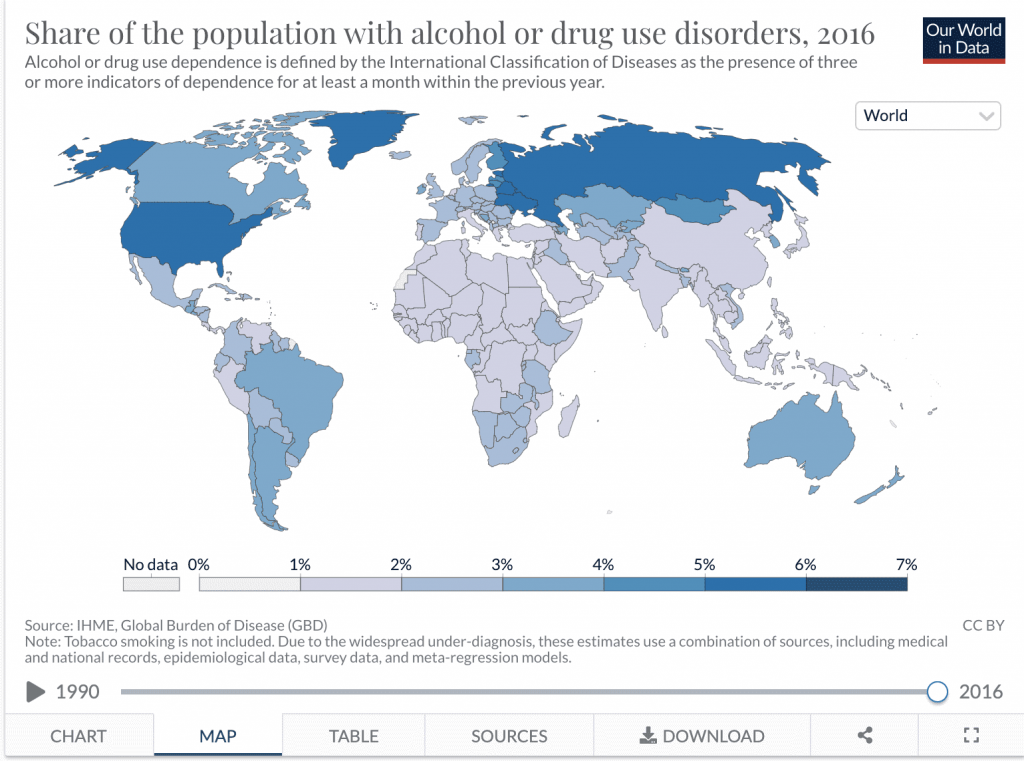There has always been great tension between America’s founding principles and our reality.
We’re the land of opportunity in which wealth is concentrated in the hands of a few. We’re the land of equality in which our Black citizens, whose ancestors were brought here in chains, are routinely denied the vote and killed by the police. We’re the land of the free in which the bulk of the world’s prisoners reside, many for nonviolent offenses. We’re the land of the brave in which white fear is manipulated to win elections. And we’re the land of religious freedom in which Muslims are banned.
Our religious freedom myth, in particular, has always bothered me. Can you imagine a U.S. president who was a Buddhist, Muslim, or Atheist? In order to qualify for the highest office in our country, there’s an assumption that one must embrace religion—specifically, Christianity. Even those who never attend church are forced into a faith pantomime, saying “God bless” this, that, and the other.
The most pious states even fight for creationism to be taught side-by-side with the theory of evolution in public schools. And abortion—rather than being accepted as a medical procedure as it is in other developed countries—has been warped into an all-consuming political tool to ossify that timeless dialectic: the Christian conservatives on one side and the Godless progressives on the other.
Sure, there are some churches who eschew the divisive rhetoric and preach love, acceptance, and charity. But from where I stand, American Christian values have done much harm.
Christianity has been used:
- To justify slavery. It was argued that the Black sons of Ham were predestined to serve white America.
- To suppress women. In many Christian sects, wives must submit to their husbands.
- To persecute our LGBTQ+ community. How many “Christians” have kicked out their gay children or sent them to abusive conversion therapy camps?
- To justify the theft of land. The baseless theory of “manifest destiny” devastated ancient Native American cultures and populations.
James Baldwin said it best in The Fire Next Time: “It is not too much to say that whoever wishes to become a truly moral human being…must first divorce himself from all the prohibitions, crimes, and hypocrisies of the Christian church. If the concept of God has any validity or any use, it can only be to make us larger, freer, and more loving. If God cannot do this, it is time we got rid of Him.”
On the whole, the American Christian God has not made us “larger, freer, or more loving.” And our stubborn Puritan roots have been used to restrain normal human pleasures. To paraphrase Abbie Hoffman: this sacred cow of exclusion, pleasure-denial, and hate will make the most delicious of hamburgers.
Consider this: American adults tend to be dishonest about the delights of sex and drugs when talking to their children. You still with me? It’s as if telling kids the truth will lead them to lives of sin.
But what if I told you that the U.S. has so many teenage pregnancies and substance abuse problems precisely because of its overcritical attitude toward sex and drugs? That our Puritan values have backfired? That we’d actually be better off if we were more honest with young inquisitive minds?
With sex work and drug use, for example, there’s abundant evidence that pulling these modern realities out of the shadows leads to better outcomes. Decriminalizing prostitution and substance use could help remove the stigma surrounding both and reduce the non-violent prison population.
Stifling or ignoring parts of human existence leads to their more dangerous expression. It’s the difference between a legal brothel with regular STD testing and an unregulated operation where sex workers have no recourse for abuse. It’s the difference between injecting drugs in a safe space with a clean needle and shooting up in the corner of a decaying tenement. I argue that it’s also the difference between a teenage girl who isn’t ashamed about the pleasure of sex and a middle-aged woman who still hasn’t had an orgasm.
When we bake our American religious shame into normal human pleasures, we deny ourselves growth and experience.
The same goes for non-vices such as gender identity. If we had more evolved attitudes toward gender—recognizing it not as a binary but as a spectrum—our transgender citizens would have better life outcomes.
That’s the type of Christian God we need: one who makes our citizens feel freer and more loved.
These are the facts:
The U.S. has the highest rate of teenage pregnancy in the developed world—with most of those unplanned pregnancies occurring in the more religious Southern and Midwestern states.
We also have the highest rate of alcohol, drug abuse, and substance-related disorders in the developed world.
D.A.R.E. preached abstinence-only with the fervor of a religious organization. There was no room in the narrative for gray area or any explanation as to why our parents drank or smoked. And suppressing our healthy curiosity actually had the opposite effect: without knowledge of alcohol and drugs’ effects, we American kids tended to overdo it.
I’ve noticed that other countries handle adult pleasures differently than Americans do, with less Puritan scrutiny and more education. In France, Spain, Italy, for example, drinking wine with meals is common, even among adolescents. People from those countries are also less likely to become alcoholics compared to Americans.
In Holland, it’s not uncommon for high schoolers to have their partners over for sleepovers. Is it a coincidence that they have one of the lowest rates of teenage pregnancy? That culture recognizes that kids have sex and they may as well be safe and educated about it.
There’s also the issue of psychological reactance. When people—especially individualistic Americans, I suspect—are told to do something, it can be perceived as a threat to one’s freedom. As a result, they may “[demonstrate] an increased preference for the behavior that is restrained, and may perform the behavior opposite to that desired.” This is one reason why an abstinence-only approach to sexuality and substance use fails so spectacularly within the United States.
In other words, by pulling sex and drugs out of the shadows of American scripture, we can make life safer and more enjoyable.
I have a personal example. I was lucky to grow up in a progressive town with a mother who recognized when to let go. I lost my virginity at 15—the same year I started sneaking out, drinking on weekends, and occasionally smoking pot. There was a free clinic in Laguna Beach where I would go every three months to pick up birth control. It was within walking distance of my high school. I was grateful I didn’t need a parent signature.
When I was 17, my mom finally gave up and lifted my curfew, even allowing my boyfriend (who came from a rough family) to move in with us. This was undoubtedly a radical move—especially for an American single mother—but it was also the best thing for me. I was an incorrigible teenager, but I finally had the freedom and balance I desired. I maintained straight As and even went on to become our high school’s valedictorian.
If my mom hadn’t let go and given me room for my rebellion, I’m not sure I would have been as successful academically. My opposition was fierce and I would have spent more energy struggling for my independence than on schoolwork. So by my mother choosing to stop fighting my urge to grow up—letting me know that I could always call her for a safe ride home—I thrived.
Normal human urges and knowledge can’t be suppressed. It’s better to be an educated young adult when confronted with life’s choices. And as much as American parents try to shield their children from sex and drugs, there always comes a day when mom and dad aren’t there. Kids need to learn how to protect themselves.
Imagine a society in which adolescent boys and girls are educated about the pleasures of sexuality. Instead of boys being framed as “predators” and girls as “prey”—a myth that has robbed many young women of taking pleasure in sex since it’s something “given up” rather than enjoyed—we can let everyone know how to engage in sexual activity safely.
Imagine a society in which there’s age-appropriate education for alcohol and cannabis use. Instead of young folks experimenting to excess and putting themselves in uncertain situations, they would better-understand responsible consumption and be able to make wiser decisions.
Pleasure-denial—like abstinence-only education—ultimately fails. These religious rules regulating pleasure are arbitrary and end up backfiring, producing a fearful and ashamed citizenry.
So if we still have use for that American Christian God, let’s make it one who embraces knowledge instead of dusty superstition, one who preaches love instead of intolerance. Our culture’s Puritan denial of the pleasures of sex and drugs only leads to abuse, ignorance, and discrimination against non-conforming folks.
With a more charitable view of human pleasures and with an acceptance of diversity, our citizens will be better protected and happier.
Isn’t this what all parents want for their children?




I would argue that all patriarchal religions are similar to your accurate description of fake Christianity. Time to move on to a softer, gentler religion.
Yes, I agree. As Baldwin said, if people’s religion doesn’t make them freer and more loving, there’s no use for it.